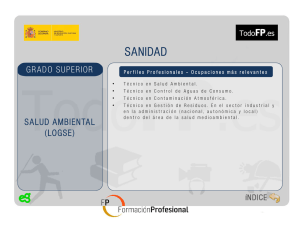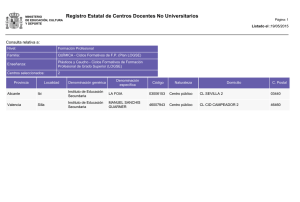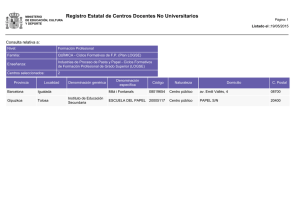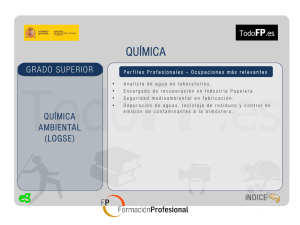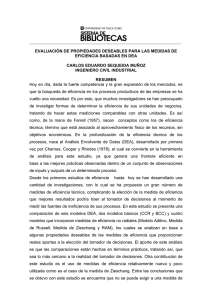¿SON REALMENTE MENOS EFICIENTES LOS CENTROS LOGSE
Anuncio
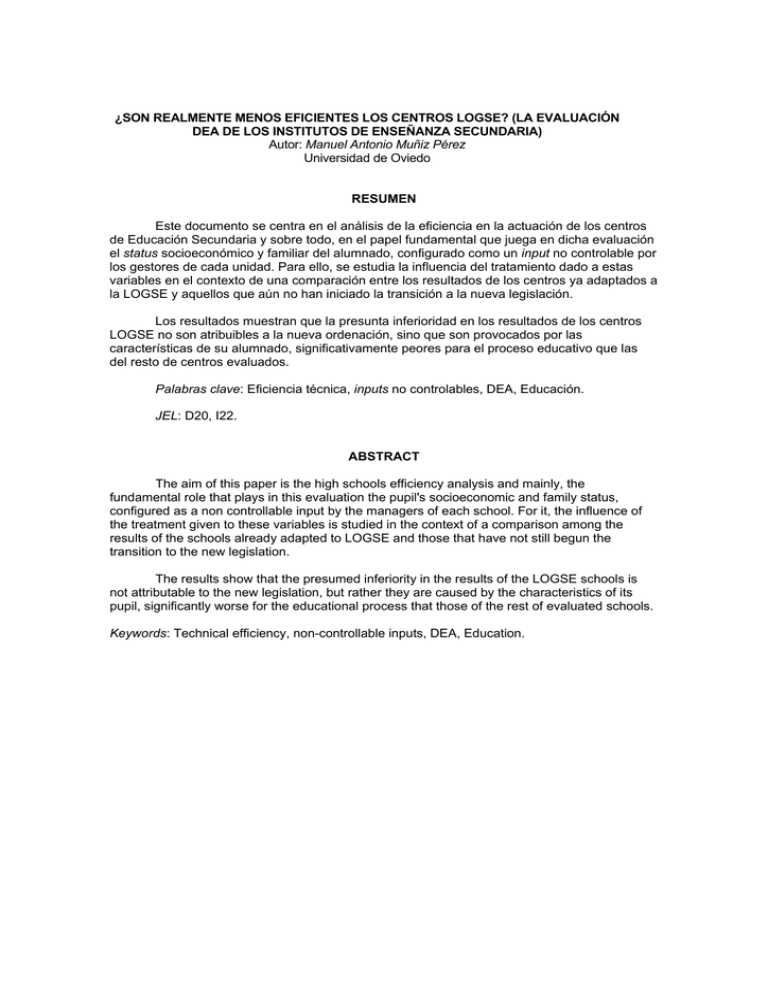
¿SON REALMENTE MENOS EFICIENTES LOS CENTROS LOGSE? (LA EVALUACIÓN DEA DE LOS INSTITUTOS DE ENSEÑANZA SECUNDARIA) Autor: Manuel Antonio Muñiz Pérez Universidad de Oviedo RESUMEN Este documento se centra en el análisis de la eficiencia en la actuación de los centros de Educación Secundaria y sobre todo, en el papel fundamental que juega en dicha evaluación el status socioeconómico y familiar del alumnado, configurado como un input no controlable por los gestores de cada unidad. Para ello, se estudia la influencia del tratamiento dado a estas variables en el contexto de una comparación entre los resultados de los centros ya adaptados a la LOGSE y aquellos que aún no han iniciado la transición a la nueva legislación. Los resultados muestran que la presunta inferioridad en los resultados de los centros LOGSE no son atribuibles a la nueva ordenación, sino que son provocados por las características de su alumnado, significativamente peores para el proceso educativo que las del resto de centros evaluados. Palabras clave: Eficiencia técnica, inputs no controlables, DEA, Educación. JEL: D20, I22. ABSTRACT The aim of this paper is the high schools efficiency analysis and mainly, the fundamental role that plays in this evaluation the pupil's socioeconomic and family status, configured as a non controllable input by the managers of each school. For it, the influence of the treatment given to these variables is studied in the context of a comparison among the results of the schools already adapted to LOGSE and those that have not still begun the transition to the new legislation. The results show that the presumed inferiority in the results of the LOGSE schools is not attributable to the new legislation, but rather they are caused by the characteristics of its pupil, significantly worse for the educational process that those of the rest of evaluated schools. Keywords: Technical efficiency, non-controllable inputs, DEA, Education.

